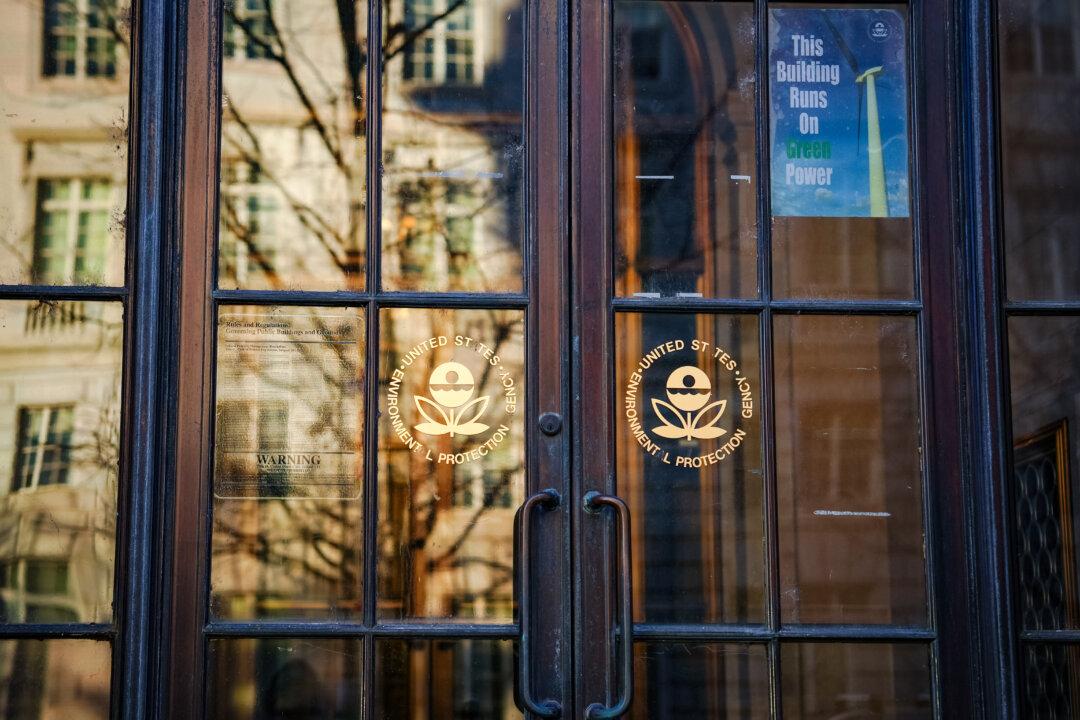The rule from the U.S. Environmental Protection Agency (EPA) that treated boilers built as early as 2010 as new misinterprets what Congress outlined in the Clean Air Act, a federal appeals court ruled on Sept. 3.
The EPA’s 2022 rule said boilers were new as long as they were built after June 4, 2010.





